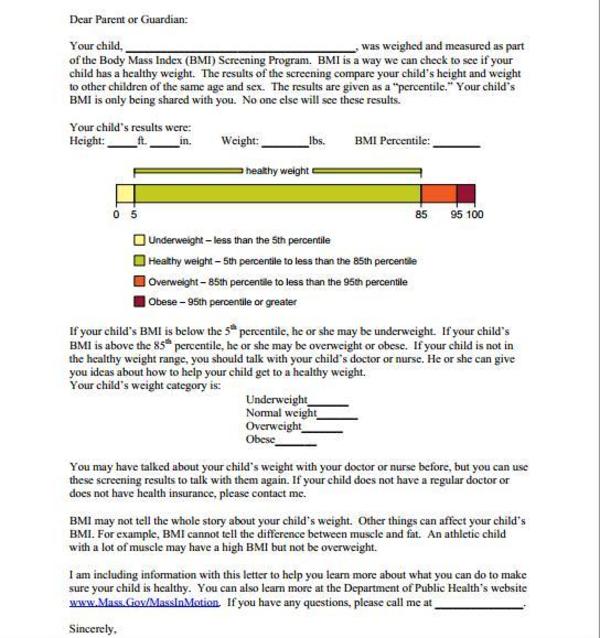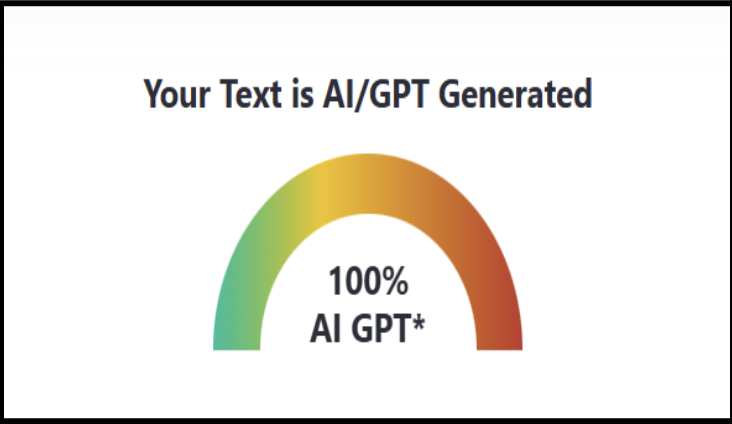In the midst of the usual difficulties of high school, some school administrations are causing even more insecurities for students. Recently, many schools in California, as well as schools in 19 other states, adopted “Fat Letters”. Schools hire dietitians, an unneeded expense, to send Fat Letters, a notification sent to a student’s house to inform parents that their child’s body mass index is too high by government standards. This issue has generated a lot of controversy between the participating schools and parents who believe that the weight of their children should not be the schools’ concern. Fat Letters can also potentially render students very self-conscious because others are concerned with their weight.
There is already a lot of societal pressure on children to be accepted by their peers, and now, school administrations are judging them too. For a child, receiving one of these notification letters would undoubtedly make them uncomfortable with his or her appearance. Schools across America constantly hold anti-bullying assemblies to promote acceptance and attempt to help students overcome their insecurities to create a judgment-free environment; however, these letters contradict all of these efforts.
“I definitely believe Fat Letters are unacceptable and receiving one would be very embarrassing to any student,” said senior Jenna Conwisar. “There are better ways to promote healthy lifestyles that don’t involve certain individuals being singled out.”
After receiving a Fat Letter, a child would understandably not want to go to school in fear of being bullied. According to AJC.com, 40 percent of girls between the ages of nine and ten have already dieted. By getting the schools involved, students will no longer feel comfortable seeking help or advice from faculty members as they should.
Hiring dietitians to send out Fat Letters is a completely unnecessary expense. Some schools do not have room in their budgets for arts, language and sports programs, yet there is somehow enough money for dietitians. In most cases, the child and his or her parents are already aware of the situation because of physical appearance and check-ups with a pediatrician. Furthermore, measuring the Body Mass Index of a child is not always accurate because this measurement does not separate fat from muscle in the calculation.
While school administrators should care about the physical health of their students, informing parents and students of a child’s weight in such an embarrassing and harsh way is wrong and insensitive.








